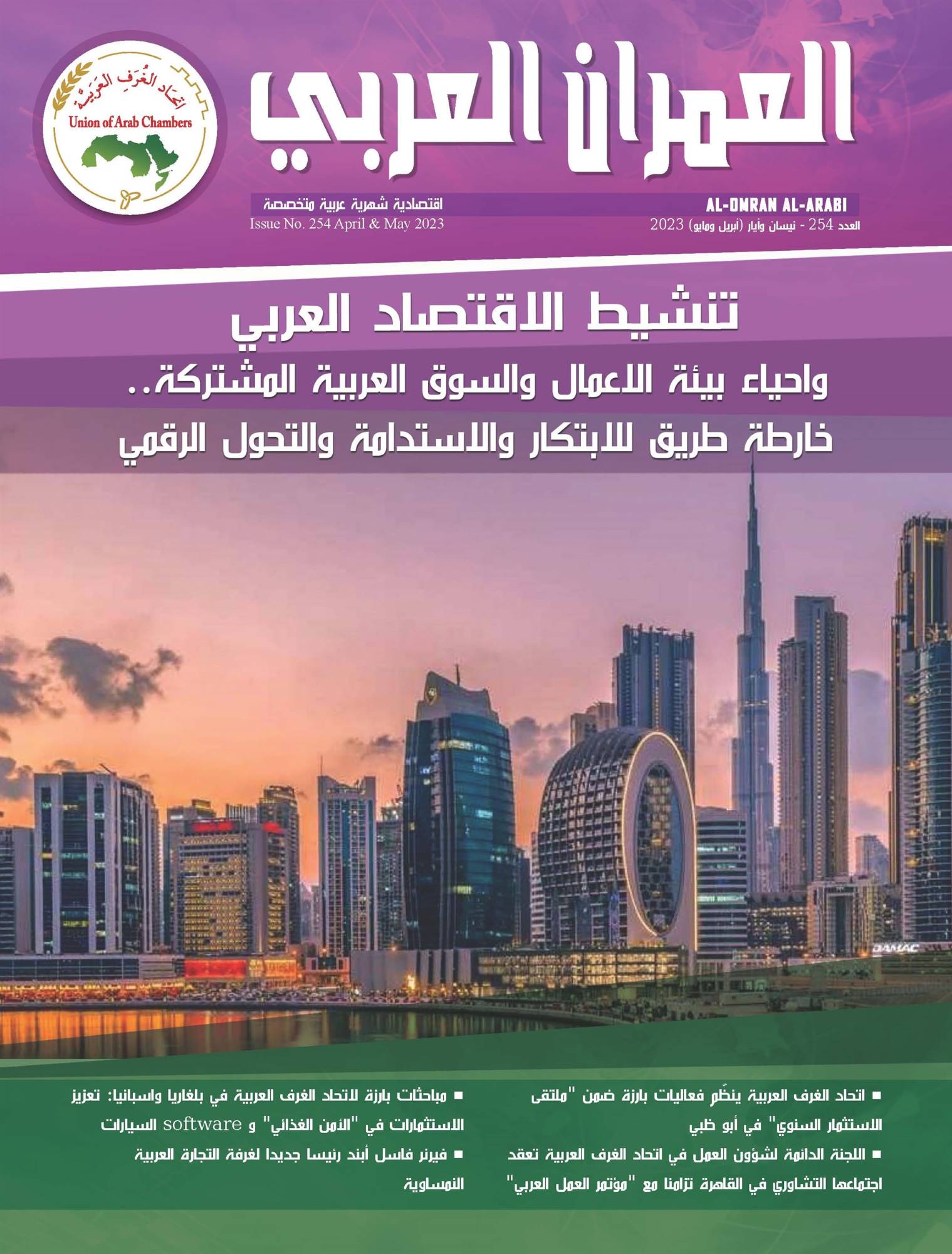
The Future of the Circular Economy in the Arab Countries
Arab countries have begun to care greatly about the so-called circular economy, and deal with it with a state of transparency and increased confidence through global supply chains, which stimulate greater control of resources, and there are some economies that enjoy the existence of circular supply chains through which profits are shared. In a fair way between societies, consumers, and others. There is also the fourth industrial revolution, whose features were formed in technological means such as artificial intelligence, the Internet of things, and nanotechnology, and all of them contributed to the recovery of a number of sectors such as tracking minerals from mines to consumers and analyzing data for use in recycling.
What is meant by the circular economy is to reduce waste of materials, commodities and energy and benefit from them as much as possible, so that consumption, waste and emissions are reduced, by simplifying operations and supply chains, as it also contributes to maximizing the utilization of all raw materials, minerals, energy and resources in their various forms, as well as launching Recycling, use, remanufacturing and development processes, instead of waste and dumping, as the circular economy in general re-develops health and consumer systems, defines the value of things and the importance of effective use, and reduces the negative effects resulting from traditional economic patterns. It also contributes to creating better economic and investment opportunities. For companies and institutions, as well as environmental and social benefits.
Arab countries have young talents capable of building a sustainable future, and the Arab region can take advantage of the opportunities offered by its resources, advanced infrastructure and technological expertise in order to lead the way towards a more sustainable future, as the chemical industry is a major enabler of this transformation, but that requires solutions New and concerted efforts and development of procedures to achieve integration across value chains and the development of regulations and standards that support recycling operations.
The chemical industry needs to enhance and accelerate innovation efforts to develop more effective and sustainable materials at low costs, as the establishment of centers for advanced materials in Arab countries can enhance and complement existing programs, and push the boundaries of innovation to serious horizons through global cooperation.
According to this criterion, the global energy transition requires a parallel global shift in the production of materials that are used in the construction and manufacturing sectors, which can be called the material transformation, as there are three factors that must be worked on, namely enhancing and accelerating the pace of efforts in innovation for the chemicals sector, to develop materials New widely used in the construction and manufacturing sector, are more robust and sustainable, and its raw material is polymers, while reducing the cost of its production, so that it is competitive in prices, and complementary to traditional materials, such as iron and concrete, with excellence in performance, as the growth of the global economy and the growth of the world’s population will result in a significant increase in the demand for traditional materials, and it needs Establishing a center for research and development of new materials in the Arab countries to increase the limits of innovation, through global cooperation, and there is an opportunity for continuity and growth in the chemicals sector, with the availability of fuel and raw materials, and a supportive infrastructure on a large scale.
In conclusion, the world will benefit in 2030 from the environmental initiatives launched recently to combat climate change and the transition towards zero-carbon economies in various sectors, and in light of attempts to reduce carbon emissions and combat climate change, Arab countries have launched initiatives to reuse and increase the use of waste materials and waste from various industries and manage it optimally.
Due to the importance of the circular economy in the Arab countries, it is necessary to integrate it within the framework of Arab economic integration, to accurately calculate its contribution to the generation of the gross domestic product of the Arab countries, and to include it in the unified Arab economic report of the Arab League and Arab labor institutions.
